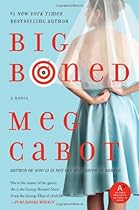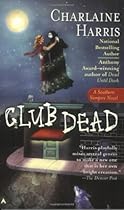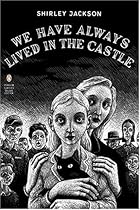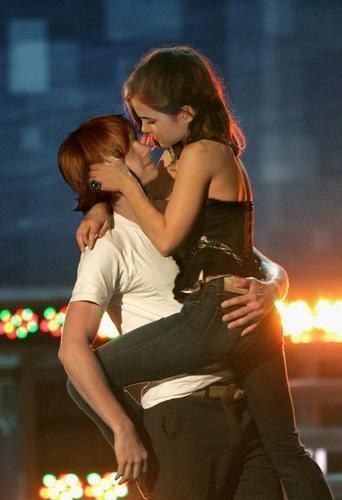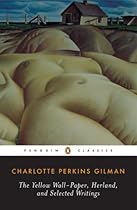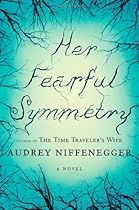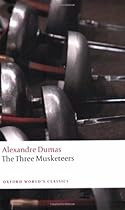
It's time to welcome The Classics Circuit back to my blog! This time we have Alexandre Dumas joining us. The first thing I have to say about The Three Musketeers is that it was actually a really easy read. The language wasn't difficult and there's a lot of action. But although I definitely enjoyed it and didn't get bored, I found myself reading really, really slowly. I'm not sure why that was. I think part of it might be that there was so much going on, and so many characters, that I read very carefully and that slowed me down. Not that I don't normally read carefully, but there's usually not that much to keep track off, and I had to keep making sure I kept Athos, Porthos, and Aramis straight. I adored D'Artagnon though (Although it kept making me think of this guy I went to high school with who was named after him - D'Artagnon Everett Dean Burns. It goes from French to hick real fast when you say that with a southern accent!)
I really enjoyed the adventures though, and I was surprised at some of the killings and stabbings that the musketeers and D'Artagnon jumped at every chance to start. There was also a reference to lesbians that surprised me!
I loved Don Quixote, and I was kind of hoping that The Three Musketeers would be somewhat similar, although with a stronger hero of course. So I thought it was awesome that Dumas refers to Don Quixote on the first page! I think that set me up to really enjoy the book, and take it for the fun, frothy, adventurous story that it is. I think that more English teachers should use this book, although it is really long. But I think it would interest more boys in reading since it's so clearly a boy book, while still be entertaining to the girls. It's also an accessible classic, although a post Jenny made over at Shelf Love made me wonder about that.
Jenny wrote a post about translations, and whether translators should modernize the language or stick closely to the original and what liberties they can take with the overall style. I've thought about translations before when reading Greek or Russian literature, but her post made me realize I've never once thought about that with French works! I think I just assumed that they wrote in English! I have no idea why I had never thought of that before, especially because I love Voltaire and I just read Zola and was reading Dumas. So I picked up my Oxford World's Classics edition of The Three Musketeers, and noticed that the translator is barely acknowledged. With the Greeks, it's usually plastered all over the place, probably because the translator also wrote the intro. But here it was buried in the last part of the introduction. William Barrow translated it in 1846, so I'm impressed the language was still very easy to read, although I do read a lot of Dickens who wrote at the same time so maybe I'm biased on that. According to Wikipedia, Barrow is pretty faithful to the original, except he toned down the sexuality to conform with Victorian standards. I'm surprised that lesbian reference still worked it's way in! But apparently the D'Artagnon and Milady scenes were a bit steamier in the original French. Although the Barrows translation was the standard for years, now a version by Richard Pevear in 2006 is considered standard, and he believes that the Barrows edition is an example of bad translation screwing up the author's work. So, if you'd like the steamier, more recent edition, check out the Pevear one. Maybe someday I'll read it to and see which was better. Anyway, thank you to Jenny for making me think more about translations!

